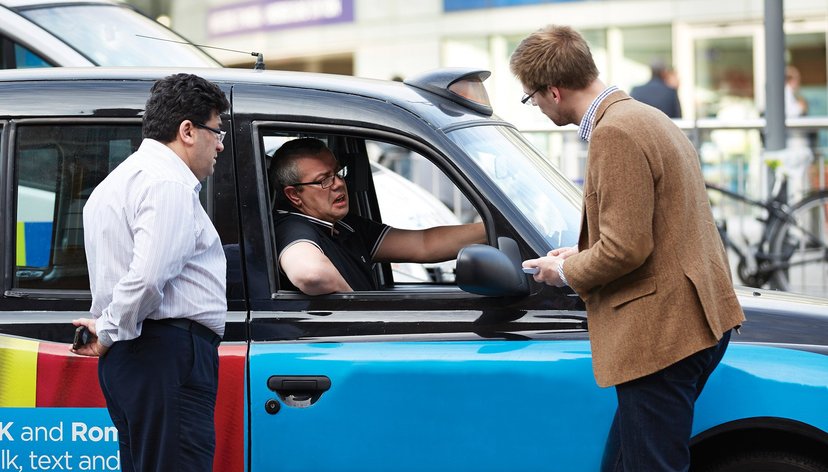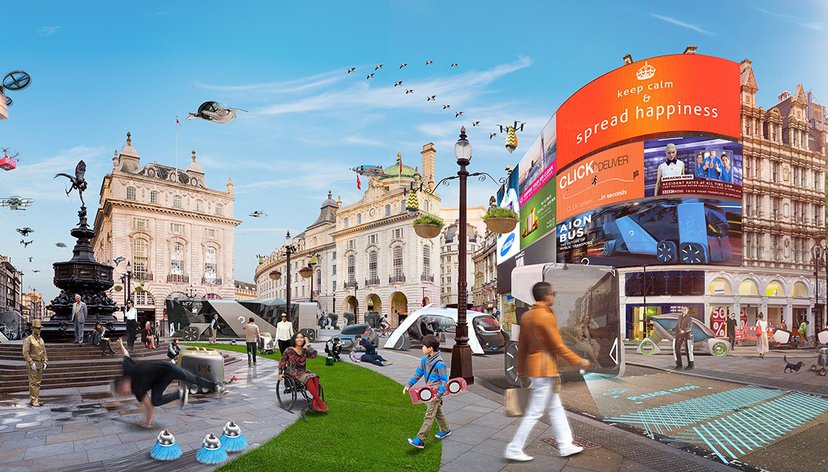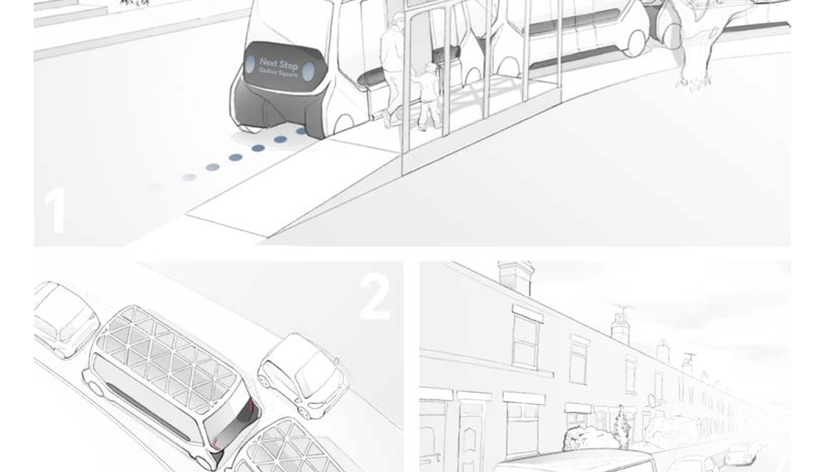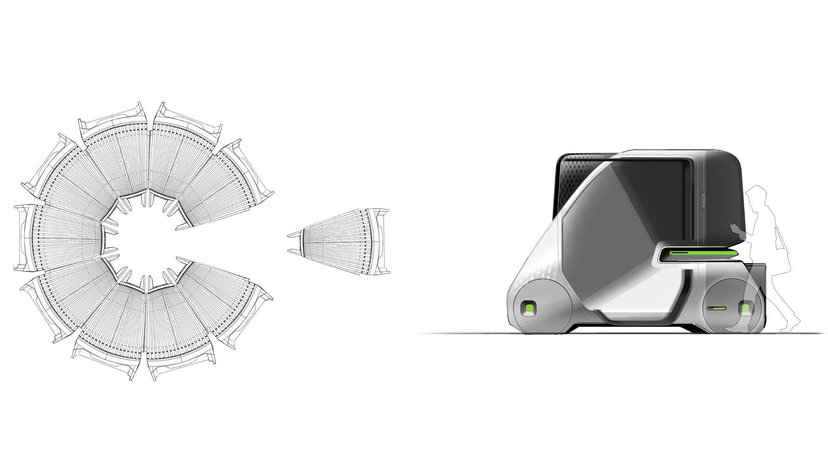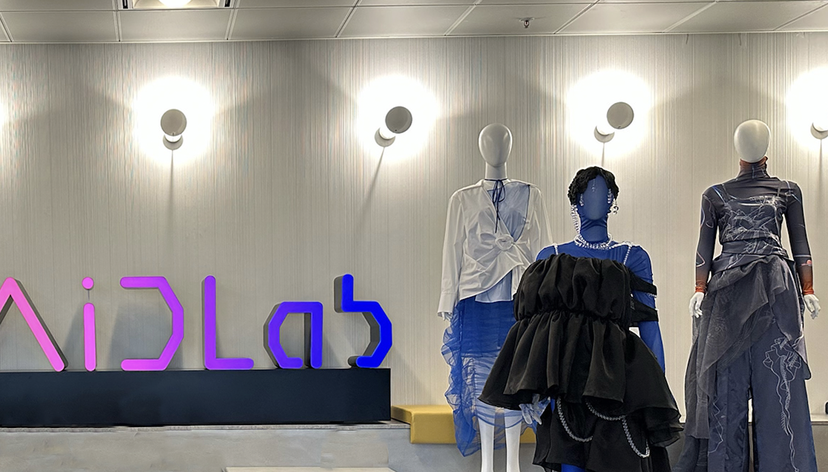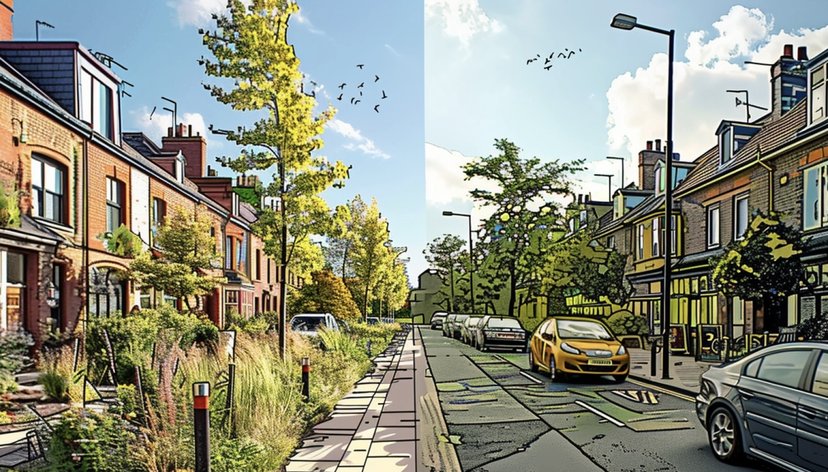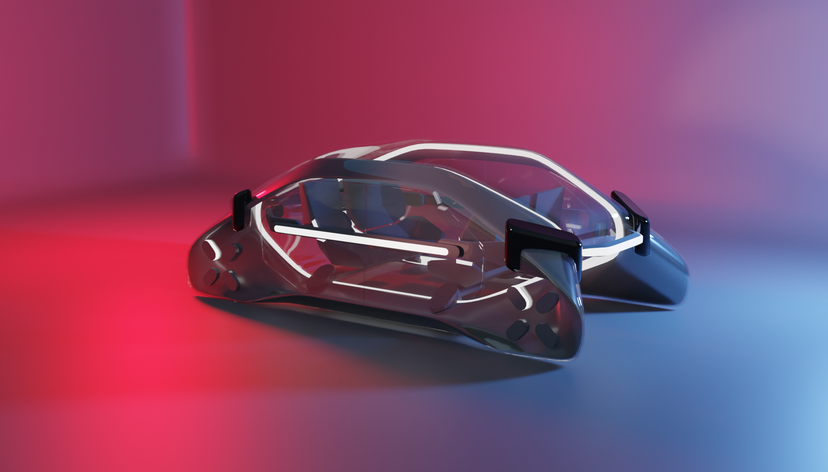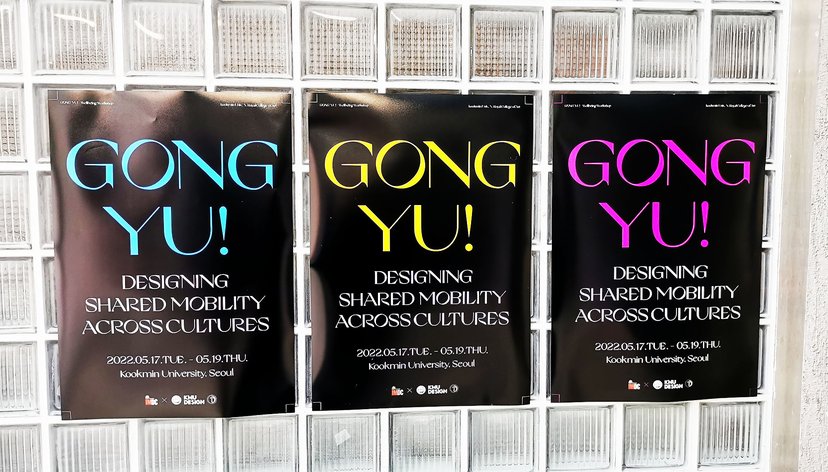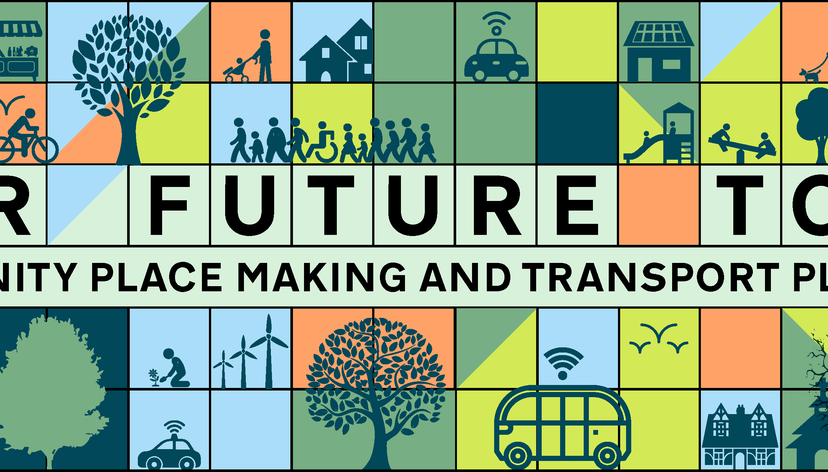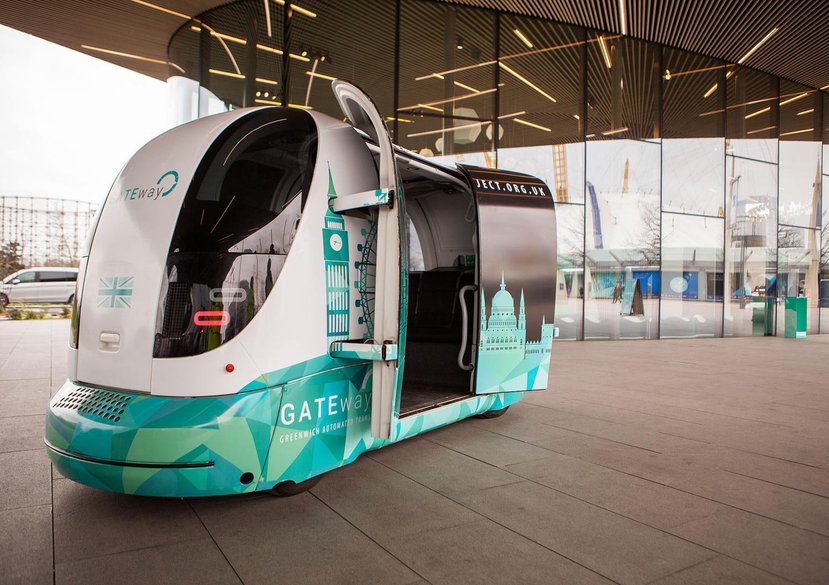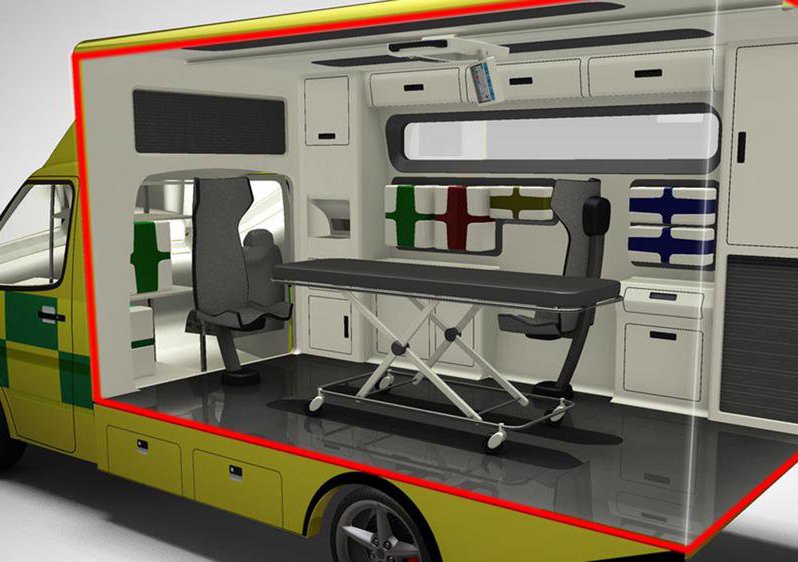
Dale is Chair of the Intelligent Mobility Design Centre (IMDC) and Head of the Intelligent Mobility Design Programme recognised as a global centre of excellence in automotive and design education.
Dale is an international opinion former and commentator and media persona on design the automotive and transport industry. He is a multi award-winning designer, academic leader and a researcher and is regularly cited as one of the most influential and important figures in the automotive industry. He is committed to design education and is always keen to raise the intellectual debate about vehicle and automotive design and is currently engaged with a major show at London’s Victoria and Albert museum celebrating the origins processes and history of car design.
Dale is a Fellow of the Royal College of Art, a fellow of The Royal Society of Arts and a Freeman of the City of London; he has chaired the design stream of the Automotive Council UK and is a trustee of the Design Council UK.
In December 2003 BBC Top Gear identified Dale as the eighth most important person in the automotive industry (George Bush was number one, and Bin Laden number 13). Autocar Magazine published ‘Top 100 most Influential Brits’ in May 2004 and identified Dale as number 33 in the world automotive industry.
Key details
School, Centre or Area
Expertise
Research projects
Gallery
More information
Practice
Research is key to Dale's work and he has led a collaborative project with the Helen Hamlyn Design Centre and four other UK universities on a major research and design programme to develop mobile healthcare design and delivery including the redesign of the Emergency Ambulance. The prototype ambulance has won major design awards including the Design Museums Transport Design of the Year 2012. He is currently engaged with projects including the design of a new sustainable taxi for London and ‘Gateway’ an 8M major UK funded trans-disciplinary project on autonomous vehicle design and public adoption.
Dale’s approach to the discipline reflects his belief that it is complex subject constantly moving forward and designers have to innovate and be better informed to meet current and future challenges. His work has initiated new trans-disciplinary methods, approaches and explores the broader and emerging issues such as the changing city, technology and new commercial opportunities to develop innovative design solutions within an established and evolving design culture. He has worked as a design consultant with many companies, lectured world-wide on the subject, and frequently acts as a judge at international events and competitions. He was part of the team that redesigned The London Taxi Cab to significantly improve access for disabled and visually impaired users, and was awarded Millennium Product status by the Design Council. While with Seymour Powell Design he led the team which designed the Norton paramilitary motorcycle for police use which led to a national standardisation of specifications. This was followed in 1989 by a milestone product, the Norton Sportbike which won Designweek magazine ’Best Product Design’ and ’Best Design of the year’ awards.
Current and recent projects
Redesigning the Ambulance: Improving Mobile Emergency Healthcare
This project built on the Smart Pods research study completed in 2009, which proposed a new system of mobile healthcare to treat patients in the community and hospitals. Building on six years of research, this design is set to improve the experience for patients and to create a better treatment space for staff. In order to accommodate the demands of twenty-first-century healthcare, the ambulance interior includes a reconfigured layout with 360° access to the patient, thus improving clinical efficiency. This project has been selected as one of the nominations for the Design Museum Designs of the Year 2012 exhibition and awards.
Smart Pods
A two-year research project bringing together designers at the Royal College of Art and academics from Loughborough University and the Universities of the West of England, Bath and Plymouth, Smart Pods examined the delivery of urgent healthcare. Selected as one of the top research projects by the Engineering and Physical Sciences Research Council, the Smart Pods concept included a suite of proposals for radical new features and design innovations facilitating the delivery of mobile healthcare. Scale models of potential Smart Pods designs – as envisaged by Vehicle Design Master’s students – were exhibited in the exhibition Healthcare on the Move.
Publications, exhibitions, other outcomes
Thompson, R. and Harrow, D. (April 2009) ‘Healthcare on the Move: A Patient Safety Vehicle Design Research Project’, in: Include 2009 Conference Proceedings; paper presented at conference
Harrow, D. and Coleman, R. (July 2008) ‘Design for patient safety: Future ambulances’, in: S.M. Hignett et al (eds), IPS2008 Improving Patient Safety 2008 'From Safe Design to Safe Practice', Cambridge; paper presented at conference
Harrow, D., Coleman, R., Matthews, E. and Thompson R. (July 2008) '“Smart Pods”: New vehicles to take healthcare to the community’, in: S.M. Hignett et al (eds), IPS2008 Improving Patient Safety 2008 'From Safe Design to Safe Practice', Cambridge; paper presented at conference
Jones, A., Hignett, S., Benger, J., Harrow, D., Coleman, R., Matthews, E., Caldwell, N. and Petersen, A. (2008) ‘Identifying the design challenges’, Ambulance Today
